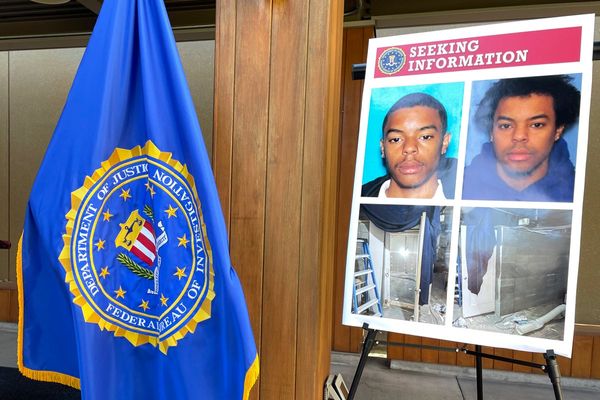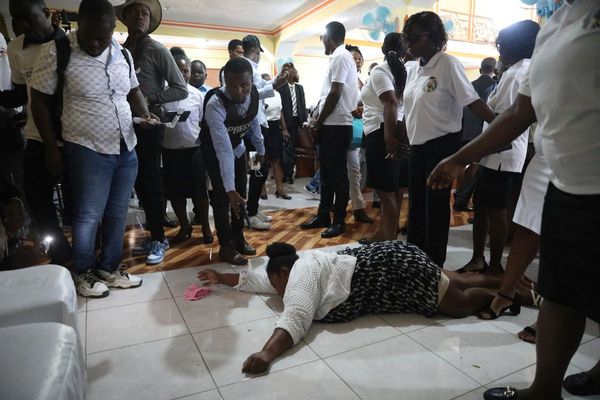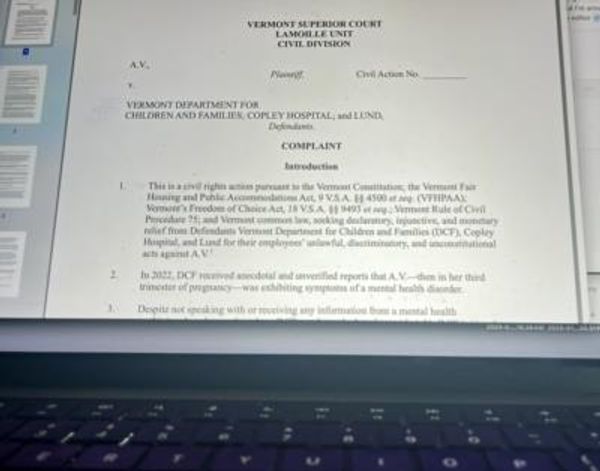
In both Australia and the US last week, the right showed it just can’t resist playing the race card — even when it appears to do itself more harm than good.
In Canberra, the Nationals tossed it out with a flourish of that signature cynical politicisation of the anti-woke crusade. In the US, as Ye (formerly known as Kanye West) reached a point too far for even Elon Musk’s Twitter 2.0, we got a glimpse of where this sort of game-playing ends up.
Since Australia’s federal election in May, many have wondered where, unmoored from government, the conservative parties would drift. Would they let the huffing and puffing of Sky after dark blow them off track to the right? Or would they tack against the tugging tide of anti-woke populism, back towards the traditional centre?
It’s a real-time demonstration of the biggest unknown-known of modern politics. How do parties seek government? Is it through the hunt for the so-called median voter, or with base mobilisation that shifts public attitude to create majorities?
Australia’s press gallery has long leaned to the median-voter lens: the idea that governments need to position themselves just on the other side of opinions held by the mythical centrist voter who sits precisely midway between left and right. They’ve even got a thermostat to alert them when a government gets off track: Newspoll.
News Corp outlets, on the other hand, have built their business model around their ability to shift debate and mobilise their base (per Saul Alinsky) around certain issues. Back when I used to train union organisers, we’d say that traction demands these issues be both deeply and widely felt. Trouble is, we’d caution, it’s all too easy to mistake the passions of depth for evidence of width.
We got some indication in the Victorian election campaign that the Liberals were more concerned about corralling back that deeply feeling 10% of the vote that leached to far-right parties such as One Nation, the United Australia Party or the Liberal Democrats back in May.
Last week, it looked like the federal Nationals had come to the same conclusion, when they announced they would oppose the proposed Indigenous Voice to Parliament. In leader David Littleproud’s words, the party believe the Voice won’t contribute to “closing the gap” — although, embarrassingly, this statement came just days before the conservatives’ gap-closing failure while in government was revealed.
But it was the party’s Northern Territory Senator Jacinta Nampijinpa Price, a Warlpiri/Celtic woman, who drove the announcement, zealously arguing that it was (per her column in the News Corp tabloids) about repudiating “a woke divisive ideology that suggests that Australia is made up of two groups of people: ‘oppressors’ and the ‘oppressed’”.
The Nationals were heeding the passionate urging of Sky’s Rowan Dean after the Victorian election: “Unless Peter Dutton and the Liberal Party come out tomorrow and say: ‘We oppose the Voice. We are a Liberal Party that stands for conservative values’ … unless you do that, Peter Dutton, you are going to go the same way.”
It turned out to be Littleproud and the Nationals rather than Dutton and the Liberals, but it seems the message was received.
By the weekend, News Corp’s opinionistas were falling into line with Piers Akerman and Peta Credlin in the tabloids, picking up the Price view that the Voice will divide, not reconcile. It was left to Chris Kenny, in The Australian, to stay closer to his masthead’s (admittedly patchy) history of support for Indigenous rights and argue for the Voice’s “conservative idea of the fair go” (while warning of the dangers of being caught on the wrong side of widely felt support).
The Albanese government has been cautious to frame the Voice as an above-politics proposal from First Nations peoples themselves. The Nationals’ intervention at the urging of News Corp is the first overt attempt to drag it into the mire that is party politics, aligning them both in policy and in rhetoric with One Nation.
It looks like both the right’s media arm and its regional party have locked themselves into a “shift the debate” approach, confident that the ardent anti-woke usually found commenting on News Corp Facebook pages will, by force of repetition, gain popular traction.
Maybe. At the same time as the Nats were saying no to the Voice, across the Pacific, Ye’s public embrace of anti-Semitism and its symbols was demonstrating that any short-term benefit the right gains from hammering away on race can very quickly get out of control.
And elections on both sides of the Pacific suggest that the passions of the war on woke are deeply felt further and further away from the daily lives of the median voter.







